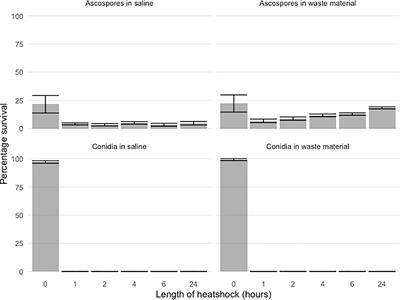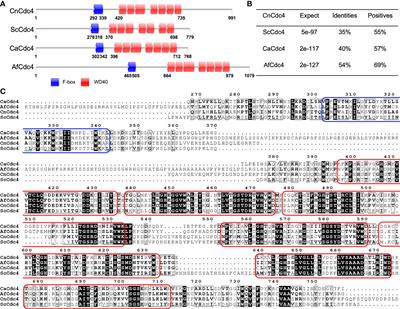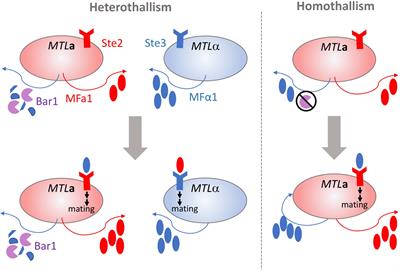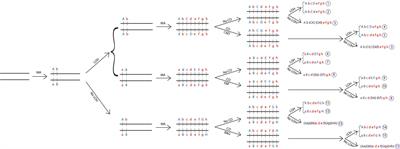EDITORIAL
Published on 28 Jun 2022
Editorial: Sexual and Parasexual Reproduction of Human Fungal Pathogens
doi 10.3389/fcimb.2022.934267
- 1,406 views
- 1 citation
4,760
Total downloads
21k
Total views and downloads
EDITORIAL
Published on 28 Jun 2022
ORIGINAL RESEARCH
Published on 05 Apr 2022

ORIGINAL RESEARCH
Published on 21 Jan 2022

ORIGINAL RESEARCH
Published on 11 Jan 2022

REVIEW
Published on 13 Dec 2021

REVIEW
Published on 25 Oct 2021

